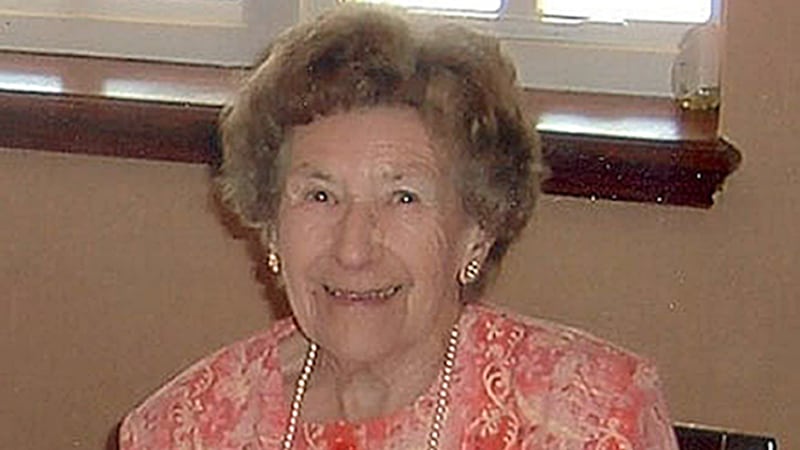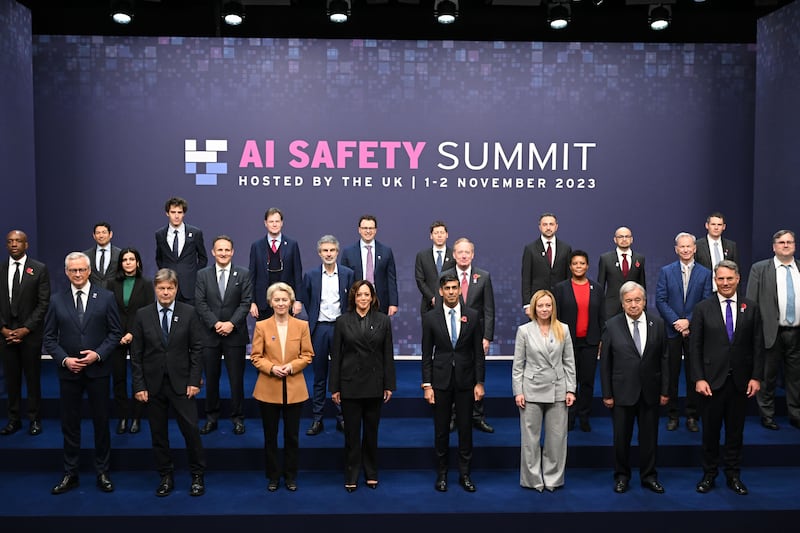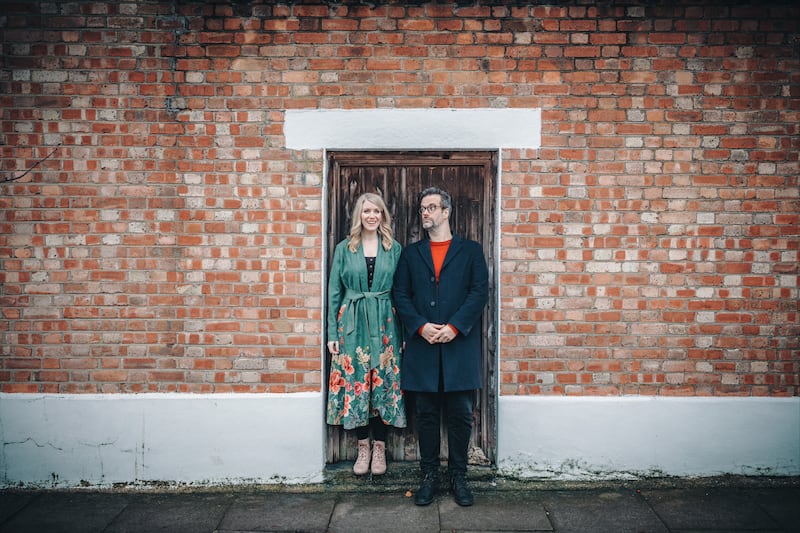The Internet Watch Foundation (IWF) dealt with a record number of online child sexual abuse reports in 2019, as material showing illegal content increased by more than a quarter.
Analysts at the charity processed some 260,400 reports in the last year, an increase of 14% from 2018 when it looked into 229,328 cases.
Of these, 132,700 reports were found to contain images and/or videos of children being sexually abused, a 26% jump on the previous year.
According to the organisation, every report contains between one and thousands of pieces of offending data, equating to millions of images and videos.
The IWF is the UK charity responsible for identifying and removing such illegal material from the internet, as well as offering a place for the people to report it anonymously.
Chief executive Susie Hargreaves said that, as a society, we need a “heavy dose of reality” and must “face up to what’s right in front of us”.
“What’s really shocking is that it’s all available on the open internet, or ‘clear web’,” she said.
“That’s the everyday internet that we all use to do our shopping, search for information, and obtain our news.
“Obviously, we know there’s child sexual abuse content on the dark web but right now it’s really a case of saying ‘We’ve got to get a grip on the epidemic on our open internet’, and now is the time to do it.
“As the Government considers new regulatory legislation on online harms, this presents a real opportunity to do just that.
“These figures show the crucial role the IWF plays as a vital avenue for the public to report online child sexual abuse material.
“Child sexual abuse is an horrific topic for people to talk about, but as a society we have got to take on board a heavy dose of reality and face up to what’s right in front of us.”
However, an IWF hotline manager – who wished to be identified only as “Chris” – said the charity is receiving too many false reports, which cost £150,500 in 2018.
“Whilst we actively encourage people to report to us content within our remit because it helps us do a good job, actually, far too many people are wasting our time,” he said.
“Our analysts have to look at everything they’re sent.
“So, our message is, yes, please report to us, but please, please stop reporting material outside our remit.”
In December, the charity announced that it would work with a US counterpart – the National Centre for Missing and Exploited Children (NCMEC) – to create the biggest database of hashed child abuse images in the world.
Hashing is a form of digital fingerprint which allows an image to be identified the moment someone attempts to upload it.
A Home Office spokesman said: “Child sexual abuse is an abhorrent crime and predators who share or view indecent images of children are complicit in this horrific abuse and can expect the full weight of the law to come down on them.
“We are bringing forward ground-breaking legislation to protect the public from online harms, including children and the most vulnerable users and make the UK the safest place in the world to be online.”








